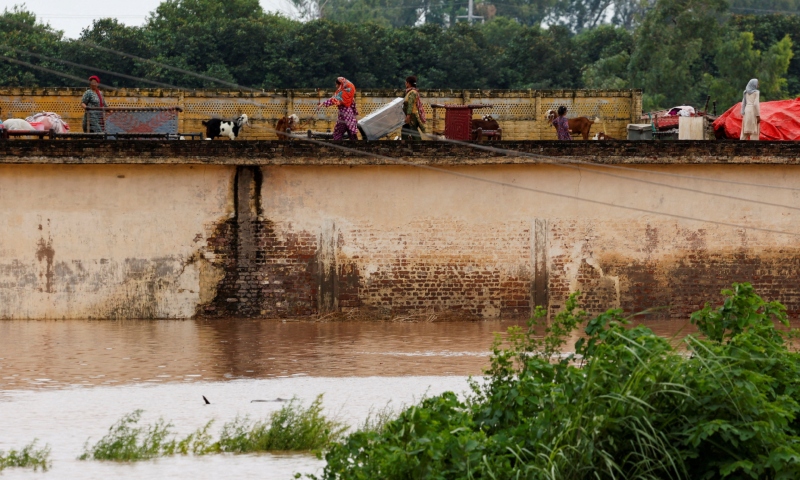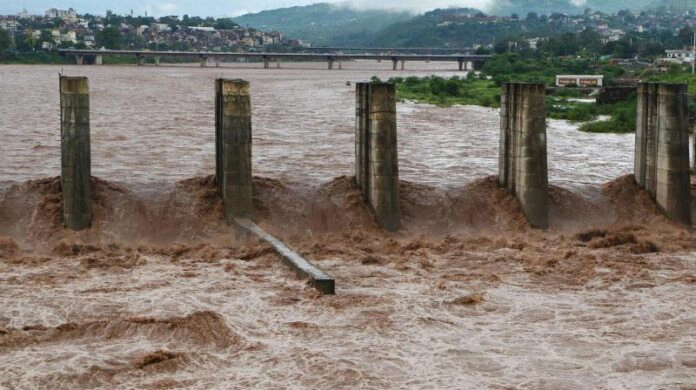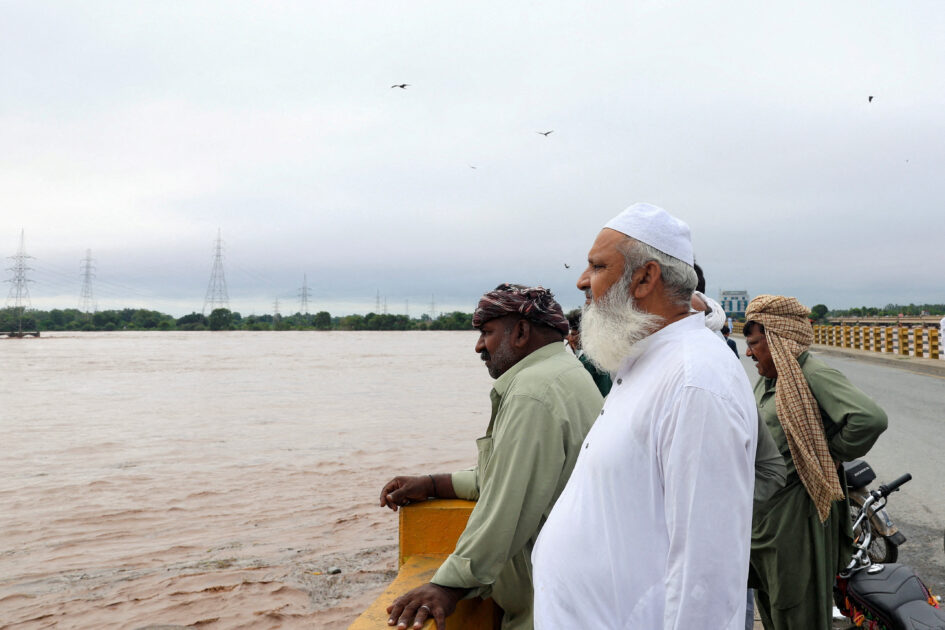- Web Desk
- 4 Minutes ago

India notifies Pakistan about rising water levels in Sutlej, Ravi, and Chenab Rivers
-
- Web Desk
- 8 Hours ago

ISLAMABAD: The Indian High Commission has formally informed Pakistan about potential flooding in the Sutlej, Ravi, and Chenab rivers, according to the National Disaster Management Authority (NDMA).
The Indian side communicated through the Indus Waters Commission, notifying that a significant flood relay is expected to pass through these rivers due to increased water discharge.
Also read: Flood warning for Ravi, Chenab as rains pound catchment areas
As per the official communication, water will be released at multiple key downstream points:
- In Sutlej River: Water will be released from Harike and Ferozepur barrages.
- In Chenab River: Discharge will occur downstream at Akhnoor.
- In Ravi River: Water will be released downstream from Madhupur.
Pakistani authorities have been alerted to take precautionary measures and monitor the situation closely. The NDMA and relevant provincial disaster management authorities are coordinating to ensure preparedness in vulnerable areas.
The timely communication falls under the Indus Waters Treaty agreement, which mandates prior information sharing between the two countries in case of flood-related developments.
Also read: Extremely high flood expected in Sutlej
Authorities have urged people living along the riverbanks to remain vigilant and follow instructions from local administrations.
Indus Water Treaty
Earlier, India had warned Pakistan of potential flooding from dam releases on the Ravi and its tributaries, but had bypassed procedures set under the Indus Waters Treaty, instead using diplomatic channels. However, no such warning was shared for the Sutlej. According to Reuters, Pakistan evacuated around 150,000 people from flood-prone areas in Punjab as a precaution. The NDMA on the contrary, clarified that evacuations had already begun on Friday, prior to India’s warning. This reflects the ongoing tensions over water sharing under the treaty, especially during extreme weather events affecting both countries.






